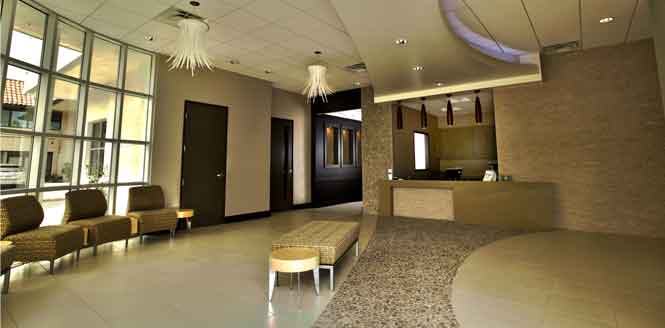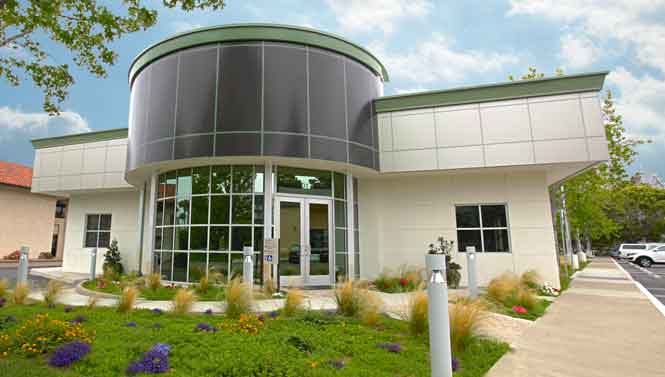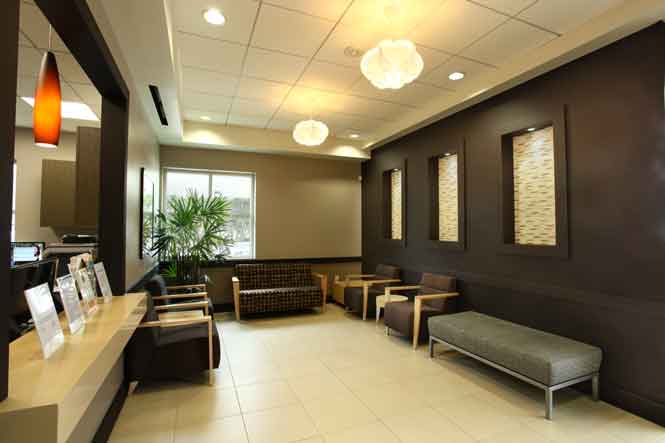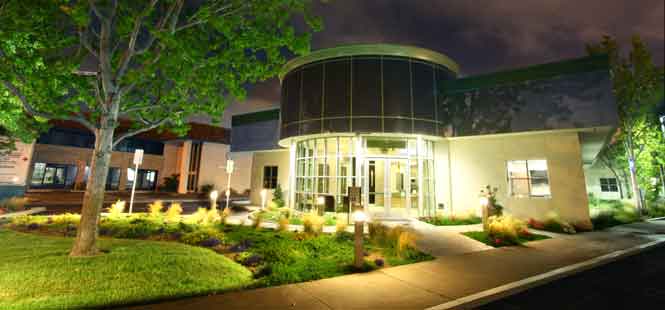How to Schedule an Appointment With California Hernia Specialists
California Hernia Specialists is extremely familiar with scheduling hernia patients from Mexico. We speak Spanish in our office. We only require three easy steps:
California Hernia Specialists is extremely familiar with scheduling hernia patients from Mexico. We speak Spanish in our office. We only require three easy steps:
- Contact our office via phone (949-221-0136) or email (scheduling@californiaherniaspecialists.com)
- Schedule an initial video or phone consultation with Dr. Harris to discuss your hernia symptoms
- Once you have had your video or phone consultation, choose a time which will allow you approximately 3 days (or more) to be in Southern California

About Scheduling your surgery with California Hernia Specialists:
- Most patients can be scheduled for surgery within 2-3 weeks.
- Dr. Harris requests that you participate in a video or phone consultation to ensure that your symptoms are consistent with a hernia, and to answer all of your questions.

- Some patients may not be a candidate for surgery at our center. The consultation before your arrival will help prevent unnecessary travel to our center.
- Video consultations are encouraged, but not required. A valid email address and an internet connection is all that is required for a video conference with Dr. Harris. This is provided by:


- Most Mexican patients find that 3 days is all that is required for travel to California Hernia Specialists. This includes a consultation with Dr. Harris, surgery at our own surgical center, and a follow up appointment the day after surgery.

- Many of our patients choose to stay at the beautiful Fairmont Hotel, located across the street from our center.
About Your Consultation with Dr. Harris:
- Dr. Harris will listen to your symptoms including the duration, severity, and location of any pain or bulges. You will discuss your current activity level and what is expected for you at work after your surgery. Dr. Harris commonly works with athletes and will take a thorough sports history as well.
- Most patients do not need any tests or x-rays to diagnose a hernia. The patients symptoms (pain, pulling, aches, etc) and the examination is usually enough to make an accurate diagnosis of a hernia. Typically ultrasound tests and other x-rays are not able to clearly see a hernia and are not helpful in the diagnosis.
- Dr. Harris specializes in inguinal hernias (groin hernia), umbilical hernias (belly button hernia), as well as less common incisional and ventral hernias.
- Unfortunately hernias do not go away on their own (with the exception of small children and some hernias developed during pregnancy). Over time most hernias get larger and often will need to be repaired. Medical studies have shown that although there is a low chance of an asymptomatic (non-complicated) hernia becoming an emergency, many patients will ultimately request hernia surgery due to worsening pain, and enlargement of the hernia itself.















